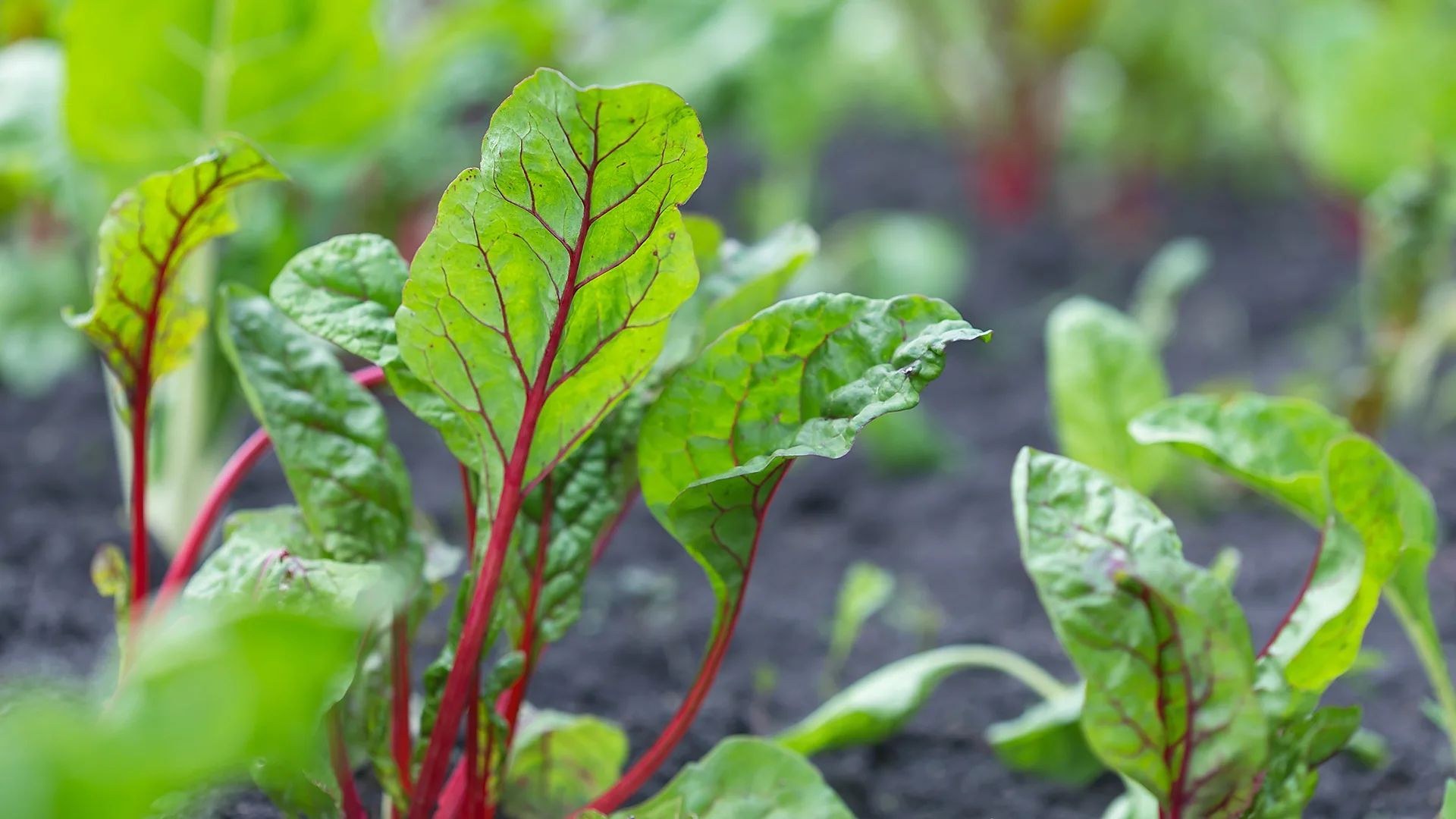11 Conditions That Disproportionately Affect Black People
Unfortunately, there is a disparity between the health outcomes of African Americans and their Caucasian counterparts in the United States. This difference can often be attributed to a combination of genetics, social dynamics, and financial discrepancies.
The reality for Black individuals is that there are numerous issues that disproportionately affect them as compared to other racial groups. For example, some diseases appear more often in the Black community and even when all races experience an identical condition, Blacks tend to be more adversely impacted.
It is no secret that racial disparities exist in regards to health. In this article, we’ll explore why these disparities occur, with a particular focus on those affecting African Americans in America. We will also examine what measures could be taken to reduce these gaps between Black people and other races when it comes to certain conditions.
Causes of racial disparities in health
- Economic stability: The inability to make an income or secure employment can be a major impediment to obtaining and maintaining housing, as well as having access to health services and eating healthy. Such a situation can make life extremely difficult for those affected by it.
- Education access and quality: It is clear that education is a major factor in determining one's income, but it could also provide the key to leading a longer and healthier life.
- Healthcare access and quality: Black people in the United States are more likely to be uninsured or underinsured than their white counterparts. They also report receiving a lower standard of care.
- Neighborhood and environment: The environment around us can have a major impact on our well-being, especially when it comes to places with high levels of violence or poor air quality. Similarly, certain employment opportunities can bring an even greater risk to one's health and safety.
- Social and community context: In some parts of the African American communities, a strong skepticism towards the medical profession is pervasive. For many, this feeling of distrust runs deep and has been perpetuated through generations of families.
Now let’s look at how these factors can influence Black people’s experiences with certain health conditions.
Heart disease
In the United States, African Americans face a greater risk of developing heart disease at an earlier age. Although they have lower rates than Caucasians, Black individuals are 30% more likely to succumb to this disease.
When examining the reasons for health disparities, we can note that there are oftentimes numerous complexities. However, when it comes to heart disease, there is data indicating that Black Americans are more susceptible due to higher rates of hypertension, obesity, diabetes and smoking.
How To Prevent Any Heart disease
- Maintain a moderate weight.
- Check your blood pressure regularly and take steps to moderate it.
- Adopt heart-healthy habits.
- Know your family history.
Obesity
Compared to white adults in the USA, those of African origin are more prone to obesity by 30%. This inequality is even greater when examining adolescents (50%) and females (50%). Being overweight increases one's likelihood of developing many illnesses and can result in worse prognoses with existing conditions.
This disparity often has economic and geographic causes. Disparities in income affect people’s ability to buy healthy food options. Some people may live in food deserts or spaces where physical activity is challenging or unsafe.
What you can do
- Help Black children establish balanced eating habits early in life.
- Support community efforts to improve access to affordable, nutritious food.
- Regularly engage in physical activity
Diabetes
In the US, type 2 diabetes is twice as likely to affect black adults as white adults. When this occurs, your body is unable to create enough insulin to maintain healthy blood sugar levels. Genetic predispositions, high obesity rates, and socioeconomic circumstances are the main causes of this difference.
Complications from diabetes, like kidney disease, are also more common among Black people. Efforts to control risk factors like obesity and a sedentary lifestyle are paramount.
What you can do
- Maintain a moderate weight.
- Eat a balanced diet and exercise regularly.
- If you have diabetes, monitor and manage your blood sugar levels to avoid complications.
High blood pressure
Around 55% of Black adults in the United States have high blood pressure, according to the American Heart Association (AHA) (hypertension). One of the highest rates ever recorded. Black people are also more likely than white people to experience it sooner in life.
Diabetes and obesity are two main contributing factors, according to the AHA. However this discrepancy might also be influenced by stress and racial discrimination.
The same strategies you use to manage other heart health risk factors can also be used to lower your risk of hypertension or, if you already have it, to manage your blood pressure.
What you can do
- Eat a balanced diet, exercise regularly, and maintain a moderate weight.
- Limit your intake of salt and alcohol.
- Find ways to manage your stress.
- Check your blood pressure regularly.
Stroke
A stroke occurs when enough blood can’t get to your brain, usually due to a blockage in an artery. As with other conditions relating to cardiovascular health, Black adults in the United States are more likely to have strokes and more likely to die from them.
High blood pressure and diabetes are major risk factors for stroke. But so are high cholesterol, stress, and smoking. A heart-healthy lifestyle can also help reduce your risk of stroke, even if you have a family history of it.
What you can do
- Adopt heart-healthy habits.
- Reduce the amount of salt in your diet.
- Quit smoking if you do.
- Know the signs and symptoms of a stroke.
Sickle cell anemia
Sickle cell anemia (SCA) is a rare genetic disease affecting hemoglobin in red blood cells. It affects how much oxygen your red blood cells can deliver to your organs and tissues.
While only 1 in every 16,300 Hispanic American babies is born with SCA, the condition affects 1 in every 365 Black newborns. About 1 in every 13 Black babies carries the gene and can pass it on to the next generation.
But disparities in healthcare access and quality can also affect people with SCA. Many have trouble obtaining the pain medications they need to manage their conditions because of racist beliefs about Black people’s perception of pain or concerns over opioid misuse.
What you can do
- Know what can trigger a sickle cell crisis and avoid them.
- Take any recommended medications to prevent infections.
- Stay up to date on your vaccinations.
Cancer
According to the American Cancer Society (ACS)Trusted Source, Black people in the United States have higher death rates and shorter survival rates than any other racial group for most cancers.
- Breast cancer: Black women are 41% more likely to die from breast cancer than white women.
- Prostate cancer: Black men are 73% more likely to develop prostate cancer than white men and are twice as likely to die of it.
- Colorectal cancer: Largely due to disparities in screening, Black people are 20% more likely to develop colorectal cancer. This disparity only developed in the last 30 years.
- Lung cancer: Black men are 12% more likely to be diagnosed with lung cancer than white men. Both Black men and women are more likely to be diagnosed younger.
- Multiple myeloma: This blood cancer is twice as common in Black people than in white people.
What you can do
- Screen for cancers when recommended for your age and level of risk.
- Quit smoking to prevent the 19% of cancers caused by tobacco use.
- Receive vaccinations that can protect you against certain cancers.
- Make manageable lifestyle adjustments to reduce your cancer risk.
Kidney disease
Kidney failure is more than three times more common in black Americans than in white Americans. Individuals of color have greater rates of risk factors, which is what they blame for this. These risk factors include high blood pressure, diabetes, and obesity.
The estimated glomerular filtration rate (eGFR) test is used by doctors to evaluate kidney function. But this test frequently suggests that Black people have kidney function that is higher than theirs. Delays in identification and treatment may result.
Early detection is the secret to management. Yet, because a disproportionate proportion of People of Color lack access to decent healthcare or are uninsured, many do not find out they have kidney disease until it is advanced.
What you can do
- Consider getting an eGFR test if you have any risk factors for kidney disease.
- Choose dietary options that support your kidney health.
- Stay active to lower your risk of kidney disease and other conditions that increase your risk.
Asthma
Asthma occurs when the airways in your lungs narrow, making breathing difficult.
It is not surprising that children in areas with low air quality are disproportionately affected by this ailment. Environmental racism has targeted black communities, exposing them to greater levels of air pollution.
According to the Asthma and Allergy Foundation of America, asthma affects Black Americans 50% more frequently than White Americans. Also, they have a five-fold increased risk of visiting the emergency room and a three-fold increased risk of dying from asthma.
What you can do
- Avoid smoking and exposure to secondhand smoke.
- If you have asthma, develop an action plan to help keep your symptoms under control.
- Talk with a doctor about an asthma education program. There may be options catered to you.
COVID-19
The COVID-19 pandemic's early months brought racial disparities in our nation's healthcare system and general population into sharp focus.
Black people were more than three times as likely as white persons to be admitted to the hospital for COVID-19 in May 2020. They also passed away about twice as frequently.
What you can do
- Keep up to date with your COVID vaccinations, including boosters.
- Consider wearing a mask during indoor group gatherings.
- Manage underlying conditions that can increase your risk of serious illness from COVID.
HIV and AIDS
In the 1980s, African Americans were hardest hit by the HIV and AIDS pandemic. Now, that inequality is even more obvious as 42% of all new HIV diagnoses in the US are given to Black people.
The Kaiser Family Foundation claims that the effect is most noticeable in young individuals, males who have sex with men, and women. Southern states are home to almost two-thirds of Black Americans who are HIV-positive adults and adolescents.
Since the 1980s, HIV treatment options have dramatically improved. The amount of virus in your body can be reduced by antiretroviral medication to virtually undetectable levels. As a result, there is a lesser possibility of spreading the infection.
What you can do
- Use a condom or other barrier method to protect yourself and others from HIV transmission.
- Consider taking PreP if you’re at risk of HIV exposure.
- If you have HIV, stick to your treatment plan to avoid the virus becoming resistant to the drugs.
Finding culturally competent care
79% of African American adults polled by the Pew Research Center in 2022 believed they were less likely to receive sophisticated medical treatment from doctors. Many who responded said they felt rushed, mistreated, or that their sorrow wasn't being addressed seriously.
Finding a medical expert who is familiar with the particular health issues that Black people in America face can be beneficial.
Numerous healthcare organizations are attempting to improve their level of cultural competency. Several healthcare providers also have the training and experience required to comprehend your particular medical needs and provide you with the care you deserve.
A 2019 study found that Black men had improved outcomes when they saw Black doctors. The men were more likely to discuss other health issues and undergo preventive screenings. The doctors were more likely to take detailed notes.
But according to the Association of American Medical Colleges, Black doctors account for only 5.0% of all active physicians. Finding someone with lived experience can be challenging. Here at BPHN, you will get treated by someone who looks just like you; request a doctor today!
The reasons why some health conditions are more common among Black people are complex and interconnected. We need overarching changes in our political, social, economic, and medical systems before we can really close the gap.
But until then, there’s much we can do on our own to take control of our personal health. That means understanding our risk, making healthy life choices, and taking appropriate actions to prevent or manage these conditions.
And remember — it’s always okay to advocate for the care you need and deserve.
Credits A. L. Heywood Health Disparities in the Black Community, https://www.healthline.com/health/health-disparities-in-the-black-community
















